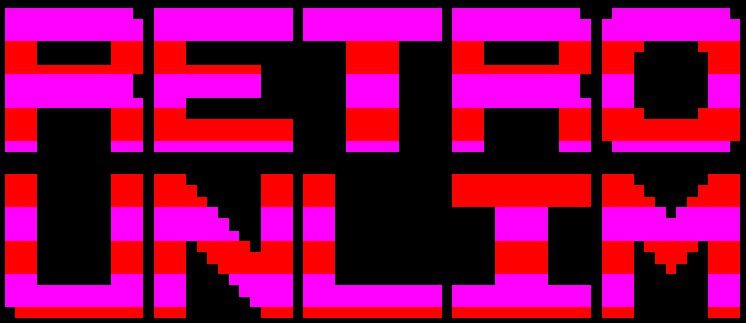Let’s Compare ( Millipede )
Gaming History Source
Video Locations:
1. Arcade 0:35
2. Atari 2600 2:04
3. Atari 800 / XE/ XL 3:33
4. Atari 5200 5:02
5. Gameboy ( Arcade Classics No. 2 ) 6:41
6. Atari ST 8:20
7. Gameboy Advance 9:45
8. Nintendo Entertainment System 11:28
Description Source:
http://en.wikipedia.org/wiki/Millipede_%28video_game%29
Millipede is a 1982 arcade game by Atari, Inc. and is the sequel to the arcade hit, Centipede. The objective of the game is to score as many points as possible by destroying all segments of the millipede as it moves toward the bottom of the screen, as well as destroying and avoiding other enemies. The game is played with a trackball and a single fire button, which can be held down for rapid-fire. The game is over when the player’s last life is lost.
Gameplay
Similar to Centipede, the object of the game is to destroy a millipede that advances downward from the top of the screen. The millipede travels horizontally until it either hits an obstacle or reaches the edge of the screen, after which it drops one row and reverses direction. Once it enters the player’s gray maneuvering area, it stays there and extra heads appear at intervals until both they and the millipede are destroyed. Shooting a body segment splits the millipede in two, with the rear portion sprouting its own head. A collision with any enemy costs the player one life.
New enemies and gameplay elements are introduced in Millipede:
Earwig: same as the scorpion in Centipede, making mushrooms poisonous so that the millipede will charge straight to the bottom of the screen after touching them.
Bee: same as the flea in Centipede, dropping mushrooms in a vertical line and requiring two shots to kill.
Spider: same behavior as in Centipede, bouncing irregularly across the player area and eating mushrooms. Multiple spiders can appear at the same time on higher levels.
Inchworm: when hit, slows all enemies for a short period of time.
Beetle: crawls around the player area for a while, then climbs up and leaves the screen, turning any mushrooms it touches into indestructible flowers. When hit, everything on the screen scrolls down one row.
Dragonfly: drops mushrooms while zigzagging down, and can be destroyed with a single shot.
Mosquito: bounces off the sides of the screen as it descends diagonally. When hit, everything on the screen scrolls up one row.
DDT bomb (stationary): can be blown up with one shot, destroying all enemies and mushrooms within the blast radius. Whenever the mushrooms scroll down, a new bomb is added at the top of the screen. Up to four bombs can be in play at one time.
All flowers and poisoned/partially destroyed mushrooms revert to normal, whole mushrooms when the player loses a life.
At regular intervals during the game, the player will face a swarm of enemies (bees, dragonflies, etc.) instead of the usual millipede. Each enemy destroyed awards increasing points, up to a maximum of 1,000 points per enemy; this attack ends when either the entire swarm has passed or the player loses a life. Also, at intervals new mushrooms will grow on the field while others die off, in a pattern similar to Conway’s Game of Life.
Players can also choose at the start of the game whether to play at an advanced level, starting with a score that is a multiple of the number of points needed to earn an extra life (by default, 15,000). The gameplay is generally much more advanced than it would be had the player started with a score of 0 and worked their way up to that point level. The maximum advanced level allowed is a function of the preceding player’s score, and games started at an advanced level where the player did not earn at least one extra life are not eligible for the high scoreboard.
Music Source:
http://www.audionautix.com
If you would like to support Gaming History Source. You can do so by making donations at. http://www.patreon.com/ghs













